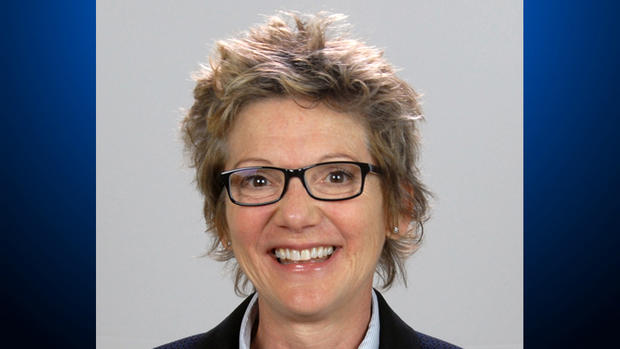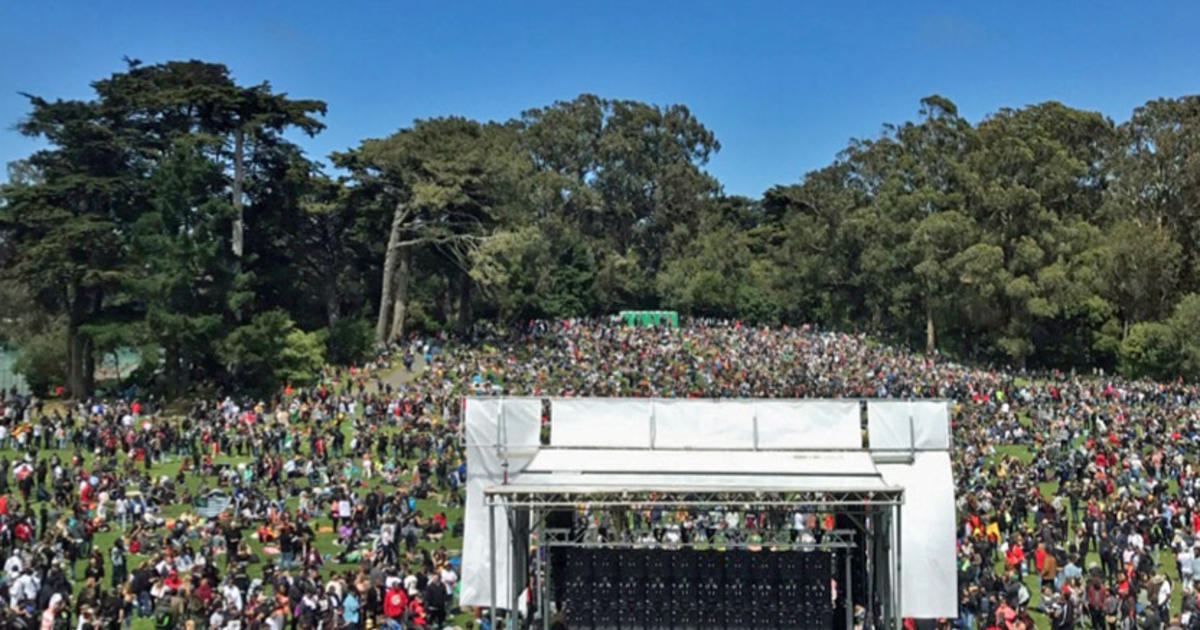San Francisco Federal Reserve Names Mary Daly As President
WASHINGTON (AP) — The Federal Reserve Bank of San Francisco on Friday announced the appointment of Mary Daly, a longtime Fed economist and a labor market specialist, as the next president of the regional bank.
Daly replaces John Williams, who became president of the New York Federal Reserve Bank in April. When she begins Oct. 1, Daly will be among three women who lead one of the 12 Fed regional banks. The Fed, under pressure from activist groups, has made efforts to diversify its leadership.
Daly, 55, who joined the San Francisco Fed in 1996 as a research economist, was appointed director of research in 2017. She has studied wages and jobs and economic inequality and has written several books.
As San Francisco Fed President, Daly will receive a vote on interest rate policy at the December meeting of the Fed's policymaking committee. After that, she will not have a voting right until 2021. Each year, the Fed's interest rate committee rotates voting rights among its regional presidents.
"I believe very strongly in the Federal Reserve's mission and in the important role we play in helping to create strong, stable economic conditions in all corners of the country that allow individuals and businesses to prosper," Daly said in a statement.
In April, Daly said she thought the economy "is very strong and the outlook is very bright." She downplayed concerns that low unemployment might lead to rapid wage gains and higher inflation. Instead, she noted that "there is little sign of this in the data." She also argued that even if wage gains accelerated, the Fed "would have time to adjust policy to limit the impact on overall price inflation."
Those remarks suggest that Daly may lean toward the "dovish" camp of Fed policymakers. The Fed's doves typically focus more on the central bank's mandate to maximize employment than on its other mission to keep inflation under control.
Last year, Daly co-wrote an influential paper that argued that wage growth has been slowed by demographic changes. One such factor is that young workers, who typically earn relatively low pay, are replacing a larger generation of older, higher-paid baby boomers, who are increasingly retiring.
Diane Swonk, chief economist at Grant Thornton and a leading Fed watcher, noted that Daly's research also highlighted the disproportionate impact of the Great Recession on young adults, who absorbed huge amounts of student loan debt just as wages for entry-level workers were weakening.
Daly will provide needed expertise to the Fed board on the job market, Swonk added. At 3.9 percent, the unemployment rate is near an 18-year low. But with an unusually large proportion of Americans neither working nor looking for work, setting Fed policy can become trickier than in the past.
If the Fed raises short-term rates only slowly, the economy may remain strong enough to pull more of those people into jobs. But the risk is that inflation could rage out of control. On the other hand, if Fed policymakers raise rates too aggressively, the economy could tip into recession and cause job losses.
Those questions "will determine the pace at which rates go up," Swonk said. "She will provide the Fed key insight on that."
© Copyright 2018 The Associated Press. All Rights Reserved. This material may not be published, broadcast, rewritten or redistributed.




